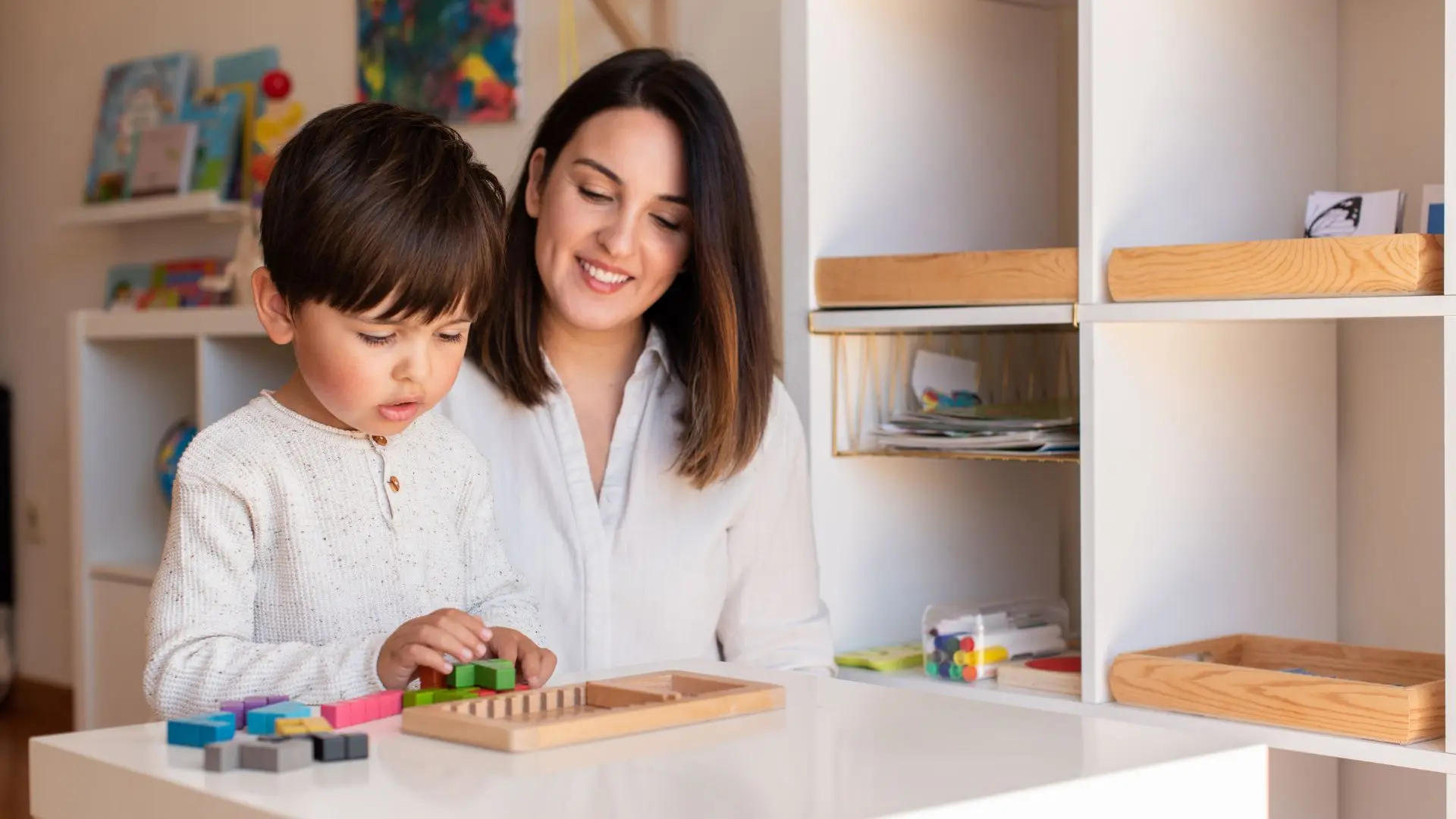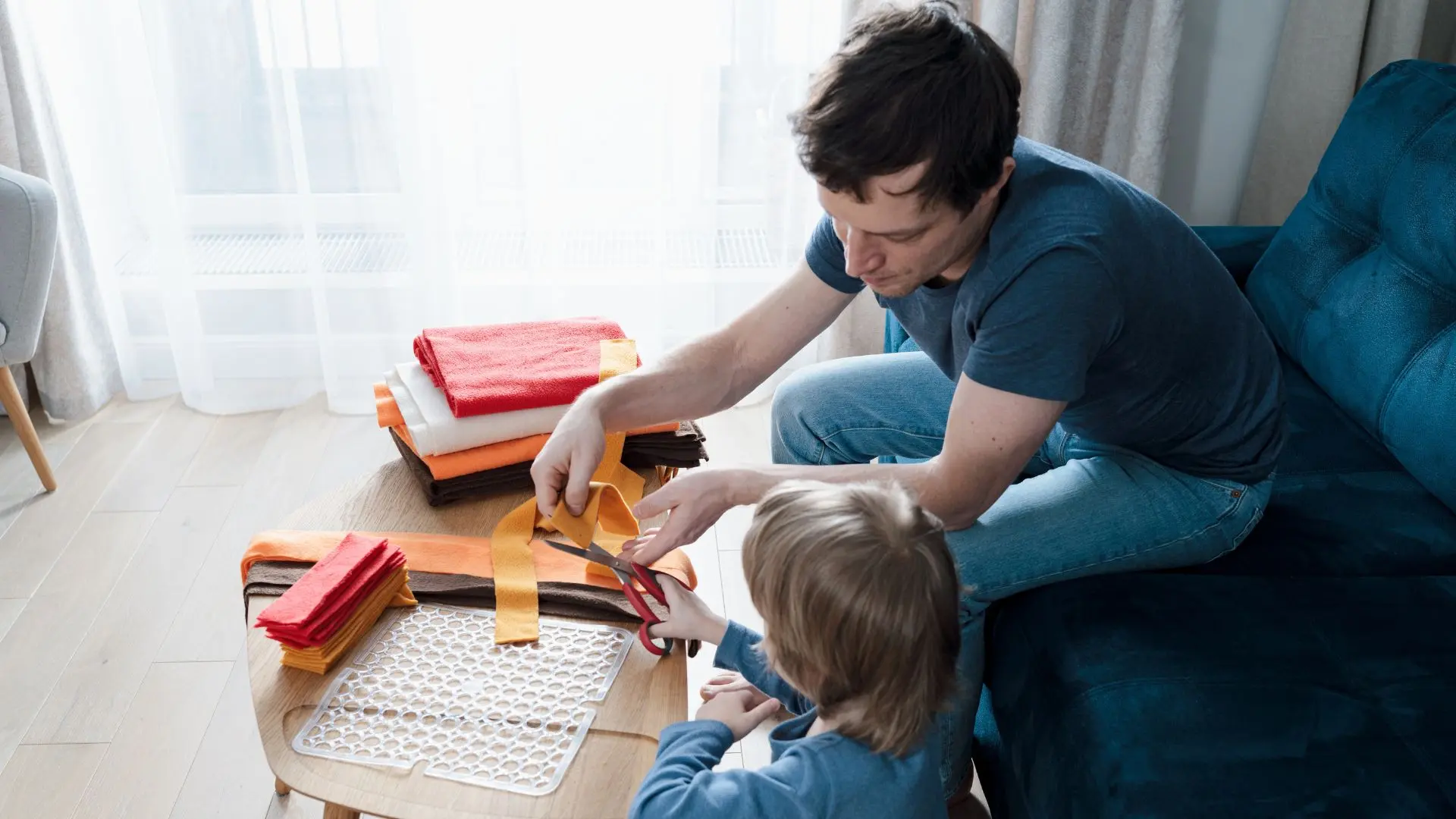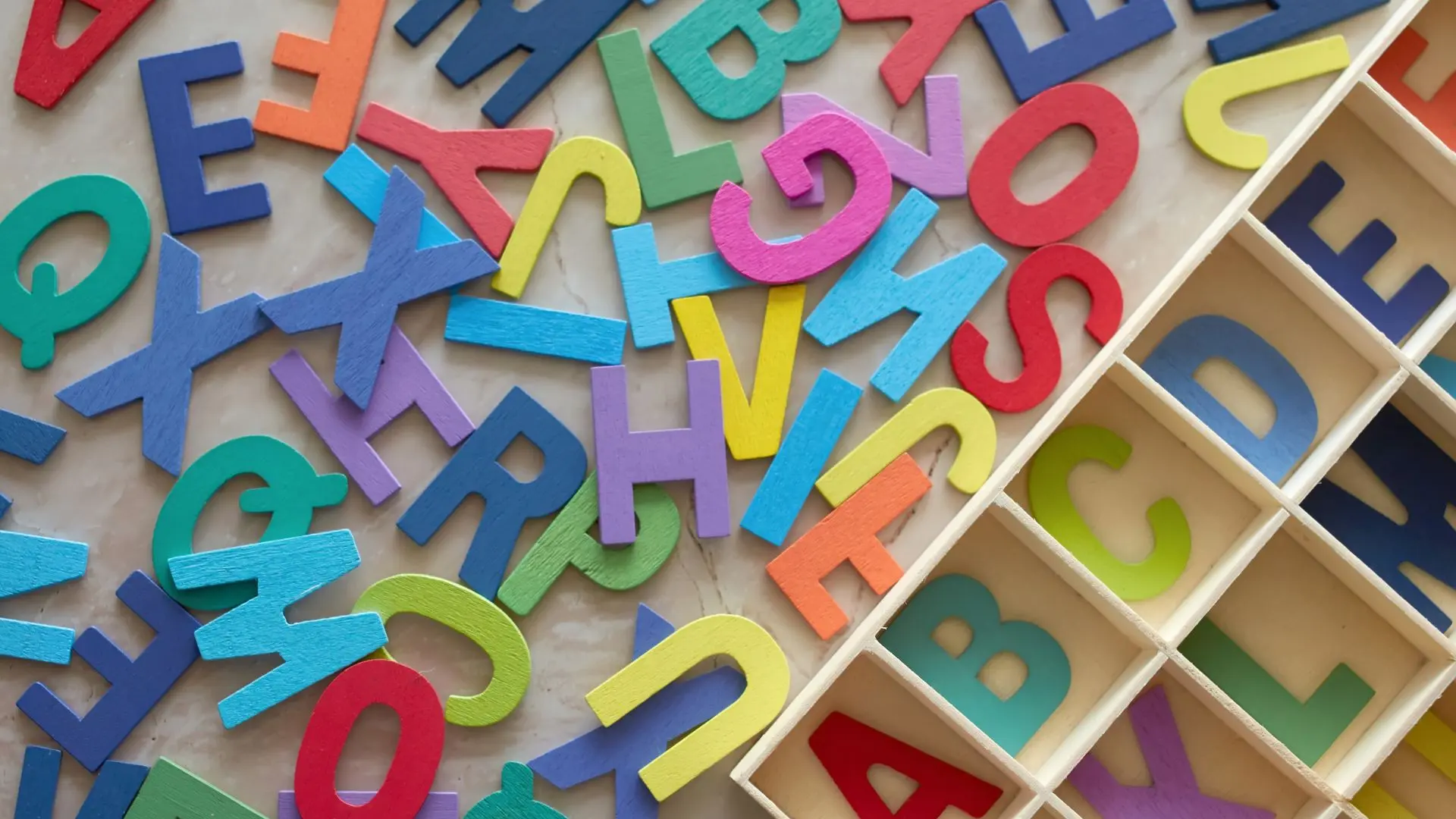Considering Montessori Homeschooling? Find out how it can benefit your child’s education, plus tips on curriculum, materials, and setting up a Montessori environment.

As a parent, you’re always searching for the best educational approach for your child. If you’re considering homeschooling, you’ve likely heard of Montessori Homeschooling—a method that’s been shaping curious minds for over a century.
Unlike traditional schooling, Montessori focuses on nurturing independence and letting children learn at their own pace through hands-on experiences. Wondering how to bring this method into your home? In this blog, we’ll explore what Montessori Homeschooling is, why it’s impactful, and how you can seamlessly get started.
What is Montessori Homeschooling?
Montessori Homeschooling is an educational approach where children learn through self-directed, hands-on experiences. Unlike traditional education, which often follows a structured curriculum set by adults, Montessori lets the child take the lead in their learning process. The role of the parent is to guide and facilitate rather than direct.
Why Montessori Homeschooling Matters?
Montessori Homeschooling matters because it aligns with the way children naturally learn. In a traditional setting, children are often required to learn at a specific pace or on a particular schedule, which may not suit every child. With Montessori, your child’s learning is tailored to their own pace, needs, and interests.
This approach is particularly beneficial for homeschooling because it allows the parent to create a customized learning environment that fits the child. When learning is child-led, it nurtures a deeper love of learning. The Montessori method encourages problem-solving, independence, and critical thinking—skills that are invaluable throughout life.
Montessori Homeschooling also builds self-confidence as children are empowered to make decisions, explore freely, and learn from their own mistakes. Whether your child is naturally curious, independent, or just loves to learn through doing, Montessori Homeschooling can support them in becoming lifelong learners.
Benefits of Montessori Education
Here are the benefits of Montessori Homeschooling:

1. Child-Centered Learning
In Montessori, children are seen as active participants in their own learning process. Instead of sitting in front of worksheets or lectures, they learn by exploring, manipulating materials, and solving problems on their own. The curriculum follows the child’s interests, with the parent serving as a facilitator rather than a teacher.
2. Hands-On Learning
The Montessori method emphasizes learning by doing. Materials such as beads, puzzles, and sensory objects allow children to physically engage with the concepts they’re learning. This hands-on approach enhances both cognitive and motor skills while making abstract ideas more tangible.
3. Multi-Age Classrooms
In Montessori environments, children of different ages often learn together. This model can easily be applied in Montessori Homeschooling where siblings of varying ages can learn from and with each other. Older children serve as mentors to the younger ones, while younger children are introduced to more complex concepts through observation and interaction.
4. Prepared Environment
A prepared environment in Montessori Homeschooling is one where everything is set up to promote independence and exploration. Montessori spaces are carefully designed with accessible materials, open spaces, and child-sized furniture, making it easy for children to engage in activities on their own.
Montessori Homeschool Curriculum
One of the most appealing aspects of Montessori Homeschooling is its flexible curriculum, which focuses on five key areas:

1. Practical Life Skills
This part of the Montessori curriculum teaches children essential life skills, like dressing themselves, cooking, and cleaning. These activities promote independence, responsibility, and motor skills. For homeschooling, you can easily incorporate these tasks into everyday life, turning activities like setting the table or washing dishes into learning experiences.
2. Sensorial Activities
Montessori Homeschooling emphasizes the development of the senses. Sensorial activities help children understand and categorize the world around them. Materials like color tablets, sound cylinders, and geometric shapes are used to teach concepts such as color, shape, sound, and texture, helping children develop their sensory perception.
3. Language and Literacy
Language in Montessori begins with phonics. Children learn the sounds of letters before they learn the names, which is key to developing reading and writing skills. Materials like sandpaper letters and movable alphabets are common tools for helping children grasp these concepts. In homeschooling, you can adapt this approach by creating your own materials or purchasing Montessori-based resources.
4. Mathematics
Mathematics in Montessori Homeschooling is taught through the use of concrete materials. Children learn mathematical concepts through hands-on activities such as counting with beads or building with number rods. This makes abstract ideas like addition, subtraction, and even geometry easier to understand.
5. Cultural Studies
Cultural subjects in Montessori include geography, history, science, and art. Children learn about different cultures, nature, and the physical world through exploration and projects. This helps them understand their place in the world and fosters a sense of global citizenship.
Montessori Homeschool Books & Resources
When it comes to Montessori Homeschooling, having the right materials and resources is essential for success. Here’s a breakdown of what you’ll need:

Essential Montessori Books
- The Absorbent Mind by Maria Montessori – A foundational book for understanding the Montessori philosophy.
- Montessori Today by Paula Polk Lillard – Offers insights into how to implement Montessori methods at home.
Montessori Materials and Workbooks
To support Montessori Homeschooling, you’ll need key materials like:
- Pink Tower (for sensorial learning)
- Sandpaper Letters (for phonics and writing)
- Moveable Alphabet (for language development)
- Number Rods (for mathematics)
There are also plenty of Montessori-aligned workbooks and online resources you can use to supplement your homeschooling efforts.
Online Resources and Communities
Connecting with other Montessori homeschoolers can be a huge benefit. Websites like Montessori Print Shop offer affordable downloadable resources, while online forums and Facebook groups provide support and advice.
How to Get Started with Montessori Homeschooling
Starting your journey into Montessori Homeschooling requires some preparation and planning, but the process is rewarding. Here’s how to get started:
Preparing the Home Environment
A Montessori environment is all about organization, simplicity, and accessibility. Create learning spaces where materials are easily reachable for your child. Child-sized furniture, low shelves, and uncluttered workspaces allow for independence. Invest in a few essential Montessori materials to set up areas dedicated to different subjects.
Creating a Montessori Schedule
Montessori homeschooling allows for flexibility, but having a general routine helps. Structure your day around long, uninterrupted blocks of learning time. During these periods, your child can freely choose activities that interest them. Aim for balance: a mix of practical life activities, sensorial work, reading, and math.
Observing and Guiding Your Child
In Montessori Homeschooling, your role is more about observation than instruction. Watch how your child interacts with materials and which activities capture their interest. Offer guidance when needed, but let them explore concepts at their own pace.
Challenges of Montessori Homeschooling
While Montessori Homeschooling has many advantages, it’s not without its challenges.

Cost of Materials
Montessori materials can be expensive. However, many parents find ways to create DIY versions of these tools or invest in second-hand materials. You can also focus on a few key materials to start and add more gradually.
Parent Involvement
Montessori requires a high level of involvement from parents, especially in the early years. You are not just a teacher but also a facilitator, preparing the environment, guiding activities, and observing your child’s progress.
This can be time-consuming, especially if you’re balancing other responsibilities. However, the rewards are worth it, as you’ll witness firsthand your child’s growth, independence, and joy in learning.
Adapting the Montessori Approach at Home
It can sometimes be challenging to fully replicate a Montessori classroom at home, especially with limited space or resources. However, the key is not perfection but adapting the Montessori principles to your unique home setting.
Focus on child-led learning, accessible materials, and fostering independence. You don’t need every Montessori tool to provide a rich learning environment.
Is Montessori Homeschooling Right for Your Family?
Montessori Homeschooling is an excellent option for families looking for a flexible, child-centered approach to education. If your child thrives on independence, enjoys hands-on learning, and is naturally curious, the Montessori method could be a great fit. Additionally, if you, as a parent, are committed to creating a prepared environment and acting as a facilitator rather than a traditional teacher, you may find this method rewarding.
That being said, it’s essential to consider the commitment involved. Montessori requires time, attention, and sometimes investment in materials. However, many families find the freedom and individualized learning opportunities outweigh the challenges.
Conclusion
Montessori Homeschooling offers a unique, child-focused approach to education that can be a perfect fit for homeschooling families. With its emphasis on hands-on learning, independence, and real-world skills, it provides children with a holistic and engaging educational experience.
By understanding the core principles of Montessori, preparing a conducive environment at home, and using available resources, you can successfully implement this method in your homeschooling journey. Whether your child is a toddler just beginning their educational path or a curious elementary learner, Montessori Homeschooling offers a path to lifelong curiosity and growth.
You may also be interested in : Hiring A Private Homeschool Teacher—Salary, Criteria, And Essential Questions